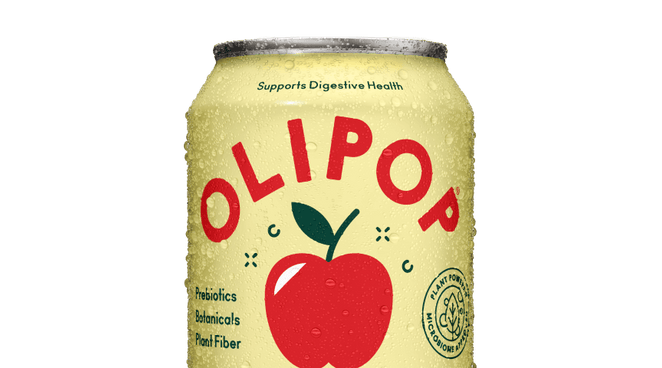-
Healthy Habits - Sugar

5 min read
How Many Grams of Naturally Occurring Sugar Is Normal Per Day?
How many grams of natural sugar is normal per day? And what is the difference between natural and added sugars? Join us as we set the sugar record straight.
Read More
-
OLIPOP 101 - OLIPOP FAQs

5 min read
More Than Just a Soda: What Makes OLIPOP Different
Discover what makes OLIPOP a new kind of soda, from 2 to 5 grams of sugar to our blend of functional ingredients and a mission that goes way beyond the can.
Read More
-
OLIPOP 101 - OLIPOP FAQs

7 min read
Understanding the OLIPOP Nutrition Label
The nutrition label tells you exactly what's in your food or drink. Learn how to read and understand the OLIPOP nutrition label and make healthier choices.
Read More
-
OLIPOP 101 - Ingredient Spotlight

7 min read
Ultimate Guide to Stevia Leaf Extract: Benefits, Uses, Nutrition & More
Sugar substitutes like stevia are often used to replace sugar. But what is stevia leaf extract and how is it different from sugar? Learn more as we dig in.
Read More
-
Digestive Health - Prebiotics

6 min read
Prebiotics vs. Probiotics: What’s the Difference?
What's the difference between prebiotics and probiotics, and why does it matter? Here’s what you need to know and where OLIPOP fits in.
Read More
-
Digestive Health - Prebiotics

6 min read
Ultimate Guide to Inulin: Benefits, Uses, Nutrition & More
Noticing the word inulin showing up on ingredient labels? Here's what inulin fiber is all about, and why we use it in our OLIPOP refrigerated formula.
Read More
Use left/right arrows to navigate the slideshow or swipe left/right if using a mobile device

























